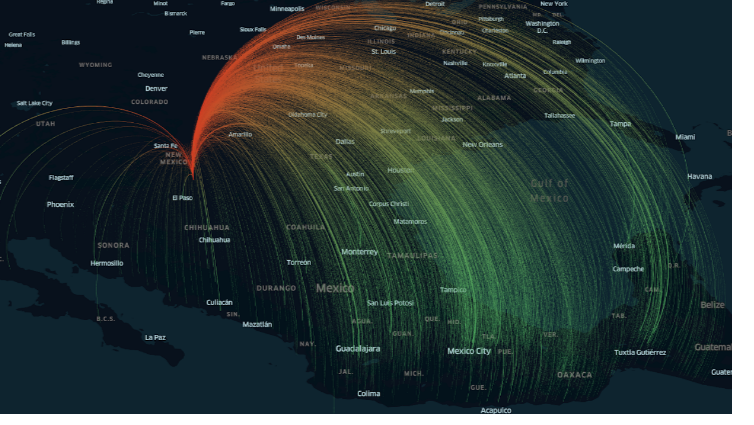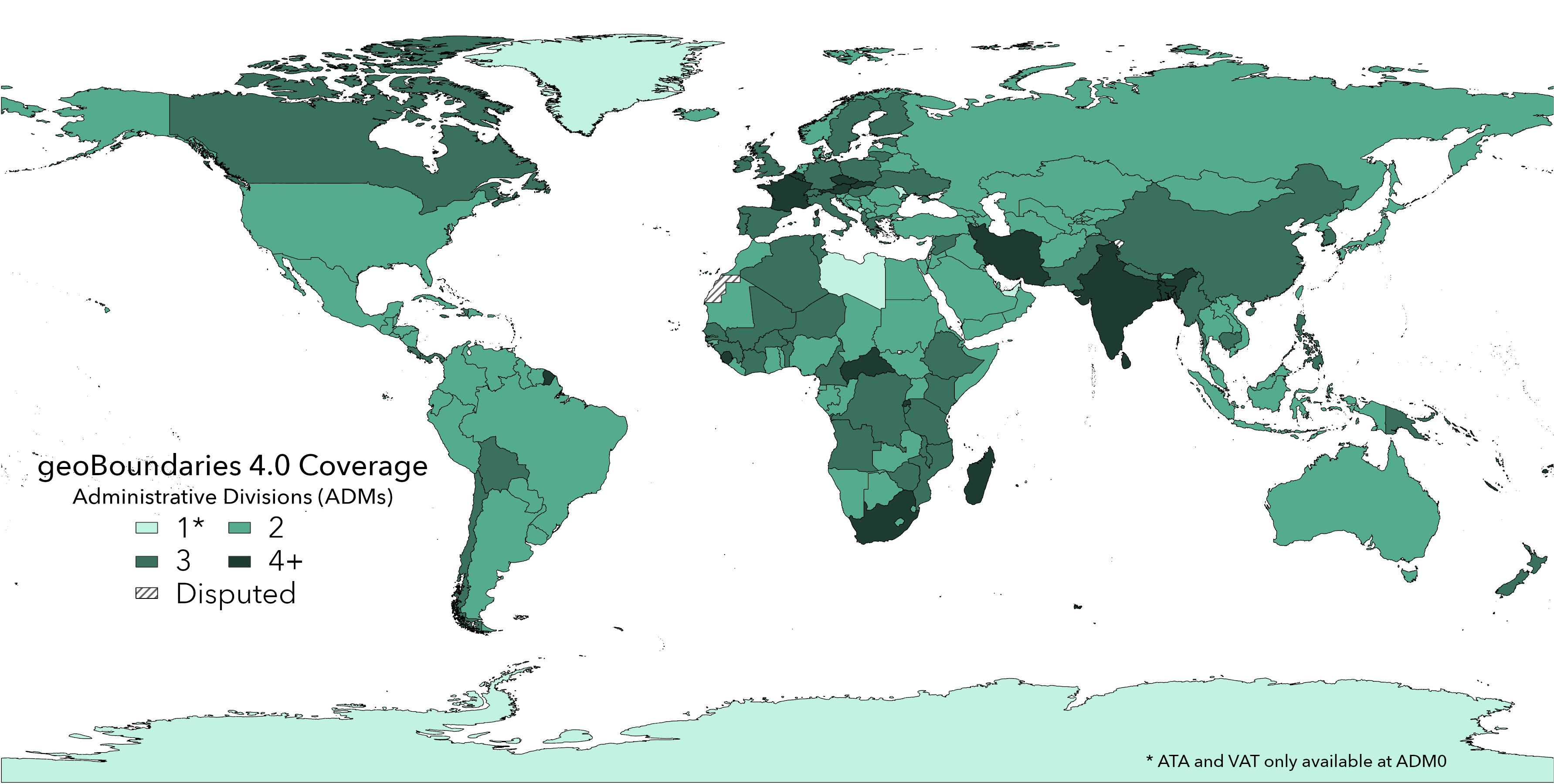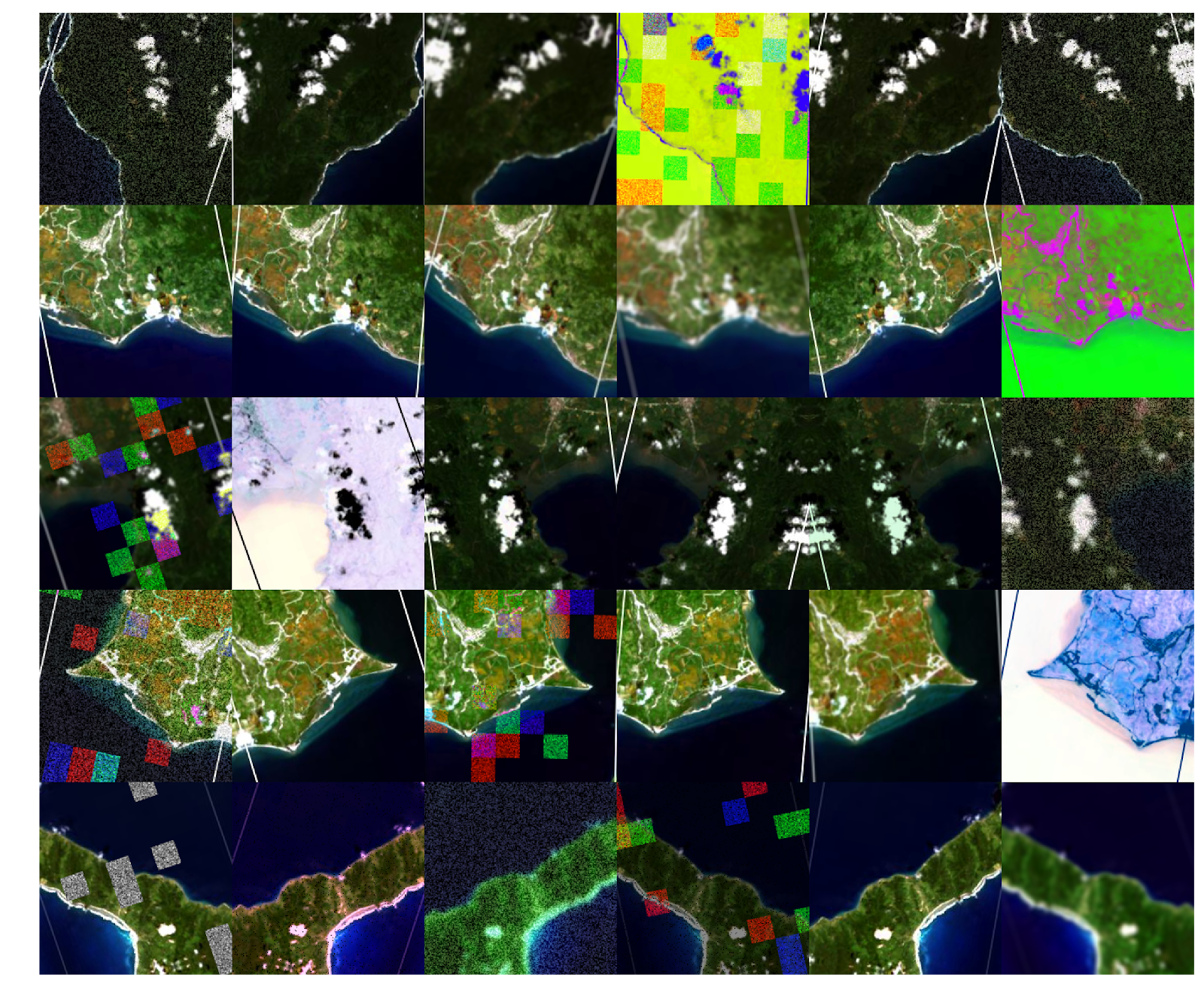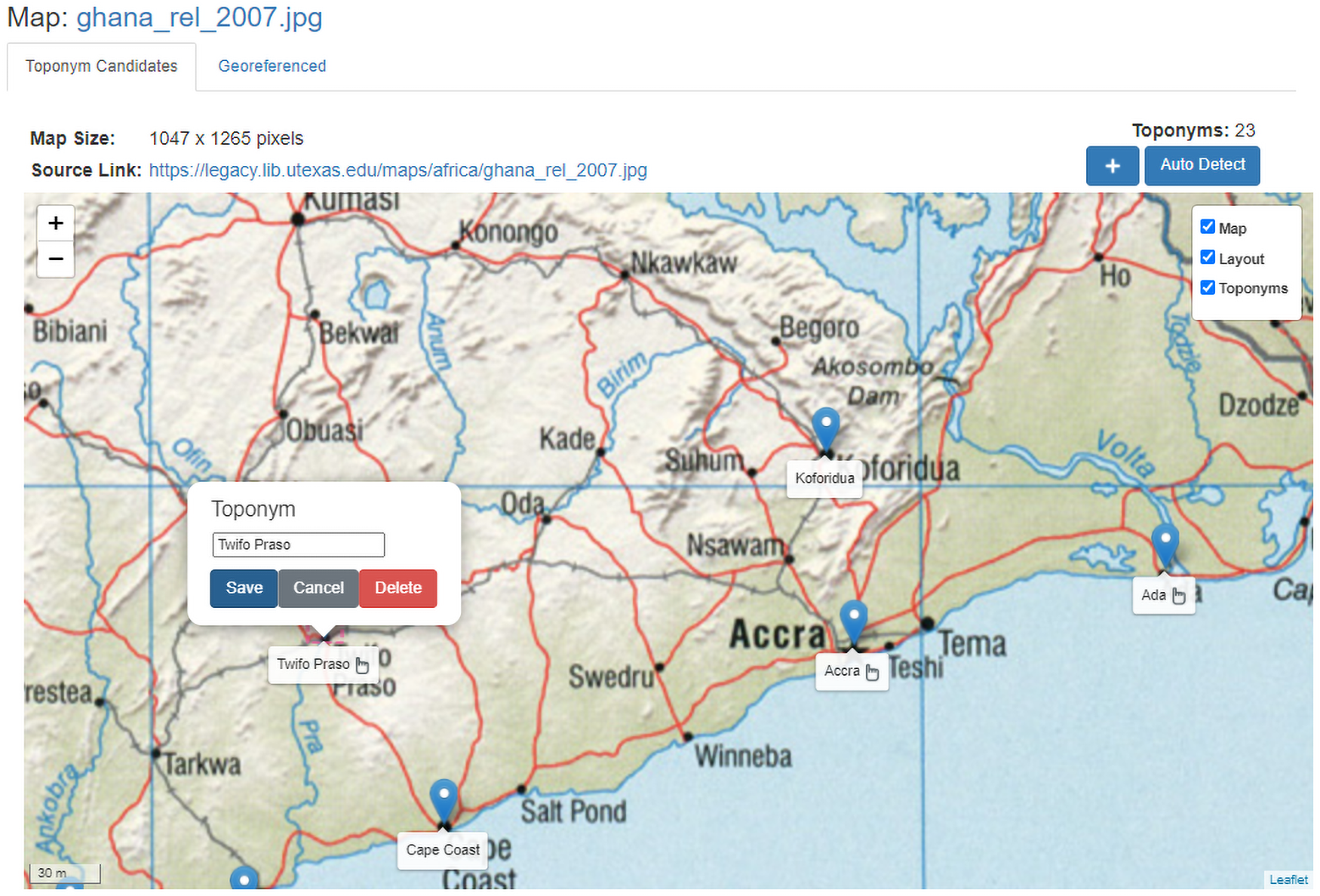Core Contribution - Improving our understanding of the highly non-linear impact of climate on human migratory decisions across multiple countries in Latin America.
Secondary Contribution - Advancing our ability to use deep learning models for data-driven social science studies seeking to attribute causality to social drivers.
Implications - Improving our ability to mediate and understand shifts in population and concomitant cultures and ideologies caused by large-scale human migratory flows across the Americas.
Humans have been migrating for thousands of years, and over time the causes, patterns of manifestation, and effects of human migration have been evolving together with the evolution of human societies. Reflecting its complex nature, human migration has been studied through the lens of various disciplines including economics, sociology, geography, political theory and multidisciplinary integrative efforts. Today, human migratory decisions are driven by a large range of factors, including changing economic and environmental conditions, conflict, and evolving social dynamics. In this project, we focus explicitly on improving our understanding of the highly heterogenous roles of multiple drivers in domestic and international migratory flows. We specifically employ novel machine learning techniques, integrating satellite and tabular data to improve our understanding of how, when, and why migration occurs.




